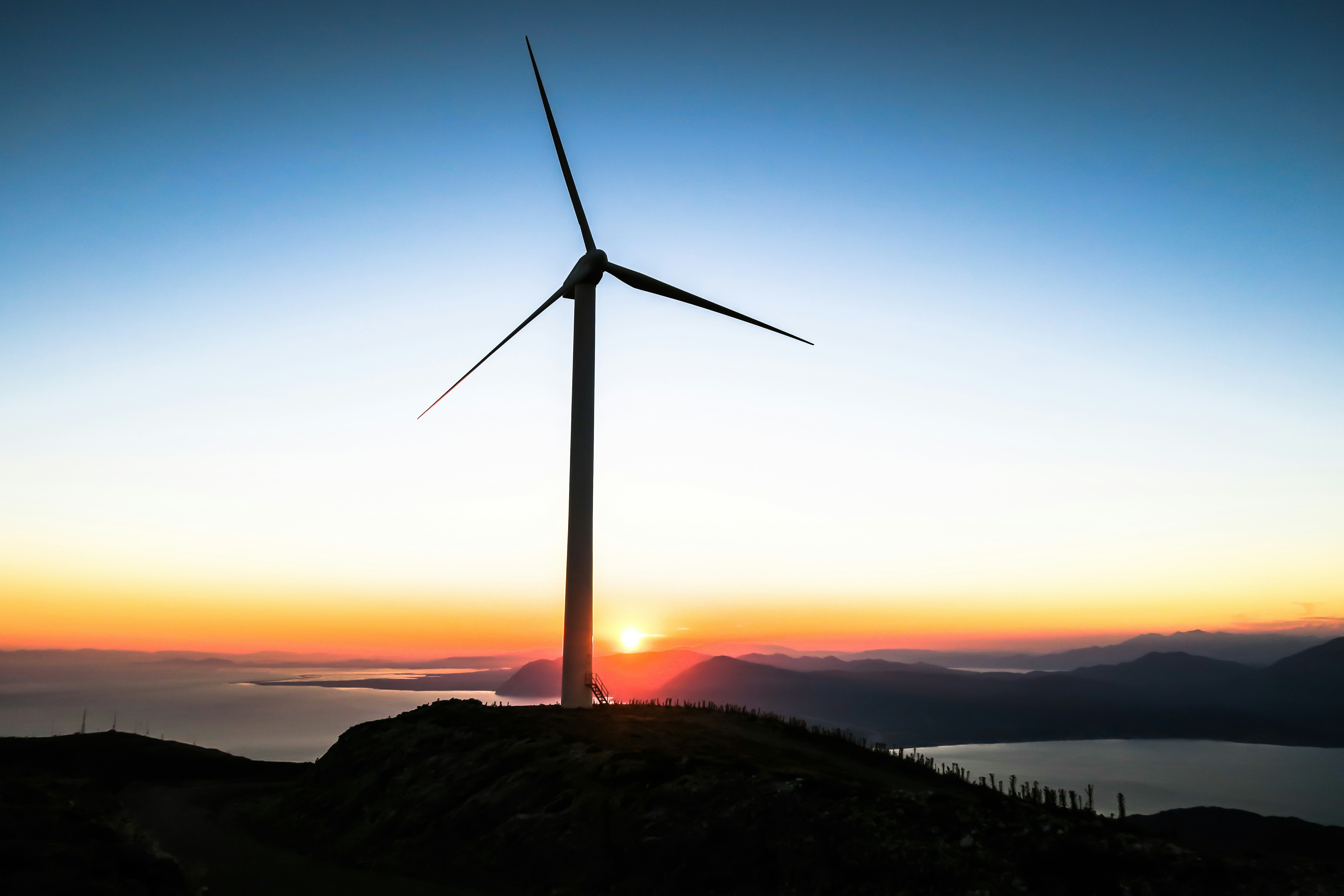New Guidance on Sustainability and Climate Change
DfE has launched its sustainability and climate change strategy, which aims to empower pupils and those working in education to fight climate change
The DfE has published a new policy paper; Sustainability and climate change: a strategy for the education and children’s services systems, which brings together short, medium and longer-term actions that will enable the government to make progress towards achieving their strategic aims and overarching vision. It is a strategy to 2030.

Context
The policy explains how and why the UK requires the education sector to play its role in positively responding to climate change. It details how the UK will respond to recommendations for education from the:
- Committee for Climate Change;
- Dasgupta Review; and
- Green Jobs Taskforce report.
It supports the delivery of the government’s 25 Year Environment Plan and Net Zero Strategy. It includes the UK will meet legislative requirements and work in the context of areas including:
- The United Nations’ 17 Sustainable Development Goals;
- UNESCO’s ‘Education for Sustainable Development (ESD) for 2030’;
- The Paris Agreement;
- Glasgow Climate Pact;
- The United Nations Convention on the Rights of a Child (UNCRC);
- The UK Climate Change Act (2008);
- The National Adaptation Programme (NAP);
- UK government legislation to meet net zero by 2050;
- The Environment Act (2021); and
- The cross-government 25 Year Environment Plan.
Buildings
Climate adaptation and decarbonisation activity in nurseries, schools, colleges, universities and care buildings can provide powerful learning opportunities. Young people can:
- Participate in the implementation of climate adaptation measures;
- Learn in buildings designed for net zero;
- Find out more about the impact of energy and water use; and
- Seeing sustainability brought to life in the buildings around them will allow children and young people to gain experiences which will enhance and contextualise their learning.
By developing and delivering evidence-based solutions for decarbonisation and climate resilience the government intend to:
- Reduce energy demand;
- Adapt to climate risks;
- Drive innovation in construction;
- Act as a catalyst for green jobs; and
- Deliver savings.
National Education Nature Park
By considering the whole physical education estate as a virtual National Education Nature Park, we have a unique opportunity to:
- Deliver improvements in biodiversity;
- Contribute to the implementation of the nature recovery network;
- Play our part in halting nature’s decline; and
- Drive greater climate resilience.
The National Education Nature Park will:
- Engage children and young people with the natural world; Directly involve them in measuring and improving biodiversity in their nursery, school, college or university; and
- Help reinforce their connection with nature.
This will help connect and amplify the excellent work already happening in this area through many national and local stakeholders and community groups. As their work starts to have an impact, the young participants will upload their progress on the park’s digital mapping services. They will be able to:
- See how the park is ‘growing’, while increasing their knowledge of species; and
- Develop important skills, such as biodiversity mapping, data collection and analysis.
The nature park’s online hub will enable the sharing of best practice across the education estate. With time, it will go beyond biodiversity to show impact and climate resilience, including flood, overheating and air quality status of the estate.
Action Area 1: Climate Education
Practical opportunities to participate in activities to increase climate resilience, reduce carbon impact and enhance biodiversity will enable children and young people to translate knowledge into positive action to improve their local communities, their country and the planet.
Action Area 2: Green Skills and Careers
It is critical young people and adults have the green skills that will allow them to build careers and participate as Britain leads the world into the Green Industrial Revolution and strives for nature’s recovery.
The government intend to harness young people’s passion and interest in climate change and sustainability to enable them to have the knowledge and skills (in STEM and other key subjects) required for green jobs.
Action Area 3: Education Estate and Digital Infrastructure
A green, sustainable education estate that is resilient to the impacts of climate change will normalise and inspire young people to live sustainable lives, with impact felt widely in their families and communities. By improving the physical environment in and around education settings, we can impact positively on both the physical and mental wellbeing of children and young people. The government will act on both the challenges and opportunities the vast education estate presents.
Action Area 4: Operations and Supply Chains
Coordination and leadership are required to bring this type of change. Enthusiastic individuals, governance boards and leadership teams are driving effective whole-setting approaches to the challenges of sustainability and climate change – not only in teaching and learning or the decarbonisation of the estate – but in the way settings are operated and regulated.
Action Area 5: International
The UK Foreign Policy Integrated Review positions climate change as the UK’s number one international priority. Education is one of our nation’s greatest strengths. The government intend to take positive international action to enhance climate change and sustainability learning in and outside of the classroom and, in particular, through DfE’s key bilateral relationships.

Foreword
Secretary of State for Education, the Rt Hon Nadhim Zahawi MP:
"Since spring of 2020, the British education system faced its most challenging period for generations: sustaining learning through a pandemic. The whole sector met this challenge with great resilience. Now, the UK must show the rest of the world how our education system can transition out of the pandemic and, in doing so, face the even greater environmental challenge ahead of us, by Building Back Greener. We have promised to level up the country, to boost economic growth, encourage innovation, create good jobs and enhance educational attainment so all may share equally in our nation’s success. To achieve this in a world influenced by the effects of climate change, we must level up within a context of sustainability, giving all children, young people and adults the knowledge and skills to thrive in the green economy and to help restore nature. The challenge of climate change is formidable. For children and young people to meet it with determination, and not with despair, we must offer them not just truth, but also hope. Learners need to know the truth about climate change – through knowledge-rich education. They must also be given the hope that they can be agents of change, through hands-on activity and, as they progress, through guidance and programmes allowing them to pursue a green career pathway in their chosen field. I would like to thank the large number of people that have worked with us in developing this strategy. The feedback from young people, educators, academics, leaders, governing bodies and experts has been invaluable in shaping this first step on our journey. By continuing to work together in the delivery of the strategy we will seek further opportunities to build on the action set out and update on shared progress annually. I am confident that together we will support net zero through skills and decarbonisation; play a significant part in nature’s recovery; build an education system resilient to climate change; and, provide the truth and hope that young people need to flourish in our changing world."

Vision and Aims
Vision: the United Kingdom is the world-leading education sector in sustainability and climate change by 2030. In England, this will be achieved by:
- Excellence in education and skills for a changing world: preparing all young people for a world impacted by climate change through learning and practical experience.
- Net zero: reducing direct and indirect emissions from education and care buildings, driving innovation to meet legislative targets and providing opportunities for children and young people to engage practically in the transition to net zero.
- Resilience to climate change: adapting our education and care buildings and system to prepare for the effects of climate change.
- A better environment for future generations: enhancing biodiversity, improving air quality and increasing access to, and connection with, nature in and around education and care settings.

Strategic Aims
- Excellence in education and skills for a changing world;
- Net zero;
- Resilient to climate change; and
- A better environment for future generations.
The guidance in full can be read in full by clicking HERE